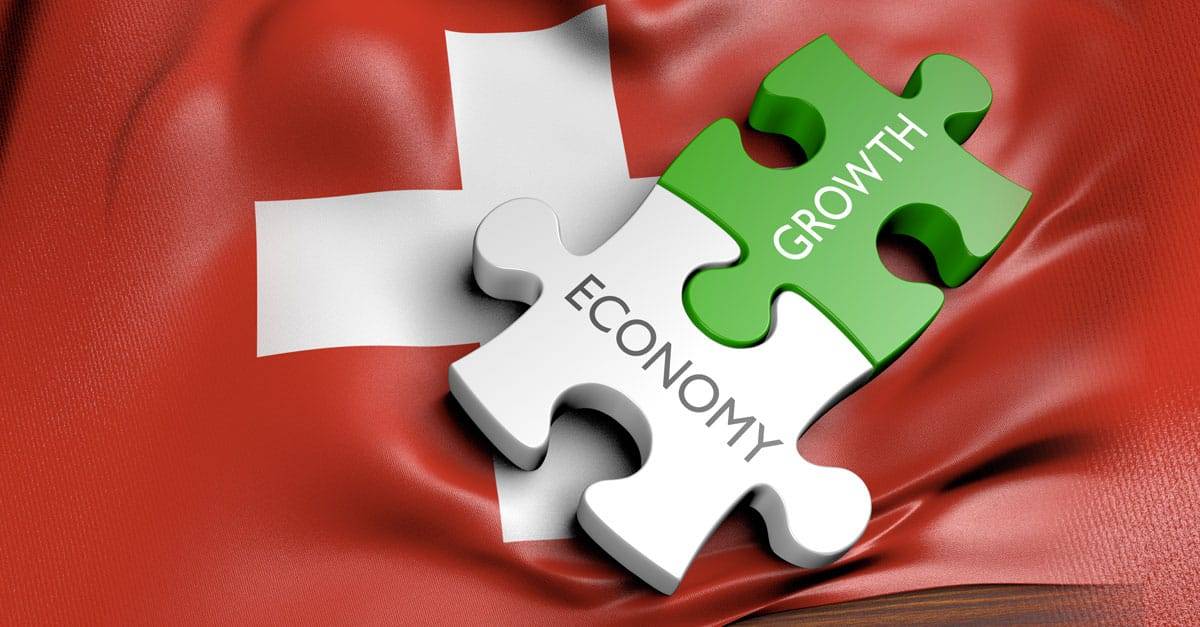Strengths in foreign trade
Switzerland is generally regarded as a model of a small, open economy. It is evident that foreign trade plays a significant role, including Switzerland’s exports and imports, which now account for 50% of the gross domestic product and have a considerable influence on the Swiss economy. The financial crisis once again showed that global economic changes can have a significant impact on Switzerland’s development. In 2011 and 2012, for example, Swiss exports struggled due to the debt and economic problems of various euro countries, while Asia provided strong impetus for growth. It is evident that Swiss exports are undergoing a significant change in both their regional diversification and their sector diversification. It seems that the composition of export sectors, which differ regionally, is at least partly responsible for the regional differences in the development of exports.
Economic diversity
In 2018, the Swiss economy grew by 2.5%. The Federal Expert Group on Economic Forecasts predicts growth of 1.5% for 2019. Switzerland’s gross domestic product (GDP) has been growing between 1% and 3% annually for almost ten years.
In general, Switzerland is known for its banks and watches. Facts, however, tell a different story. Financial services account for only 9% of Swiss GDP. Manufacturing accounts for about 18% and retail trade for almost 15%. Other services generate most of the GDP. It is also true that Switzerland produces over 25 million watches a year, but they account for only 9% of Swiss exports. Over 44% of the country’s total exports are chemical and pharmaceutical products; machinery and electronics account for over 14%. Not many people know that Switzerland produces and exports twice as many coffee and tobacco products as chocolate and cheese products.
With a nominal GDP of $679 billion (according to the World Economic Forum 2018), Switzerland is the 20th largest economy in the world, with a mix of manufacturing and services, high-tech and low-tech companies, domestically oriented companies, and globalised players. More than 99% of Swiss companies are small and medium-sized enterprises.
Wealth Aggregation: Simple, Dynamic, and Secure Beyond Compare. Discover the Altoo Wealth Platform!
Switzerland’s success factor
As the engine of its economic success, Switzerland’s diversity contributes to the economic freedom and personal responsibility of its people, as well as to the openness of the economy and private property. Many Swiss companies, regardless of their size, are global players. About 53 % of Switzerland’s exports go to the European Union, while the US and China are also becoming more important markets. Rather than having a physical presence in an international market, most Swiss companies prefer to export. It is usually assumed that Switzerland protects private property the best. In most cases, private property is seen as both the economic and moral basis for economic activity. It can therefore be seen that Switzerland’s diversity and broad-based economy create openness to international markets.



